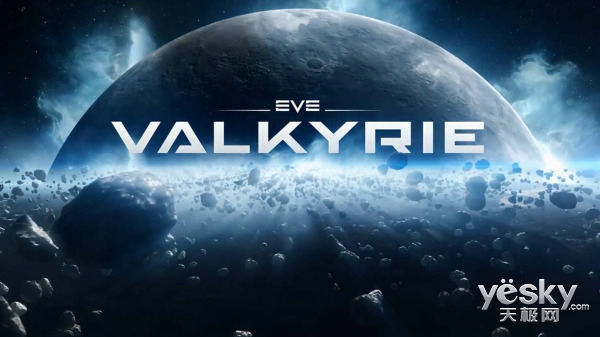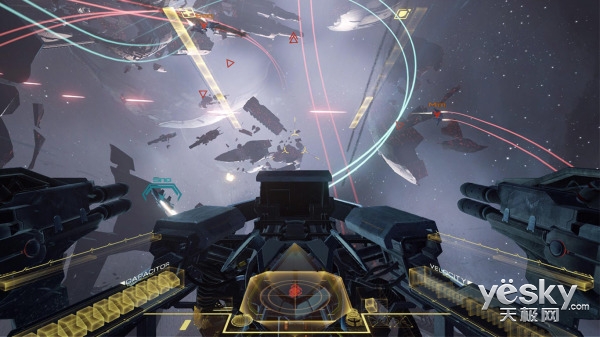According to recent reports from international media, Iceland-based game developer CCP is making a significant shift away from its VR gaming initiatives. This move is expected to impact nearly 100 employees globally, with the closure of its Atlanta subsidiary and the potential sale of its Newcastle-based division. The company may even halt VR game development entirely over the next two to three years.
CCP CEO Hilmar Veigar Pétursson explained that while the company has seen some success in VR, it will now refocus its efforts on PC and mobile platforms. He emphasized that major investments in VR will only happen if market conditions improve, as the current landscape doesn't offer enough growth potential.

Pétursson also confirmed that the company will continue to support "EVE Online" and will keep developing two existing projects: "Project Nova," a multiplayer first-person shooter for PCs, and "Project Aurora," a free-to-play mobile game. Additionally, CCP will still provide updates for its VR titles, including "Sparc" and "EVE Valkyrie."
"EVE Valkyrie," launched in March 2016 alongside the Oculus Rift, was one of the most anticipated VR games at the time and became an iconic title in the genre. While CCP is well-known for "EVE: Online," it has also gained recognition in the VR space. However, the recent layoffs and restructuring are due to the belief that the VR market is still too small to offer substantial growth opportunities.

Compared to PCs or mobile devices, VR lacks a strong user base in emerging markets and faces high development costs and technical barriers. One of the main reasons CCP is stepping back from VR is the difficulty in balancing investment and returns. For VR users, the hardware purchase might not be a big issue, but the lack of compelling content remains a challenge. Games like "Arizona Sunshine" helped push the idea of a "VR 3A blockbuster," but they still fall short of meeting user expectations.
Despite this strategic shift, CCP hasn’t completely abandoned VR. Instead, it’s taking a wait-and-see approach, holding off on major investments until the market grows significantly—whether through better hardware, more content, or a surge in demand. In this sense, "waiting for the rabbit" isn’t necessarily a bad strategy, especially in a rapidly evolving industry like VR.
Var v_productid="1034059";Forklift Battery,Lithium-Ion Forklift Batteries,Industrial Forklift Batteries,Lifepo4 Forklift Batteries
JIANGMEN RONDA LITHIUM BATTERY CO., LTD. , https://www.ronda-battery.com
